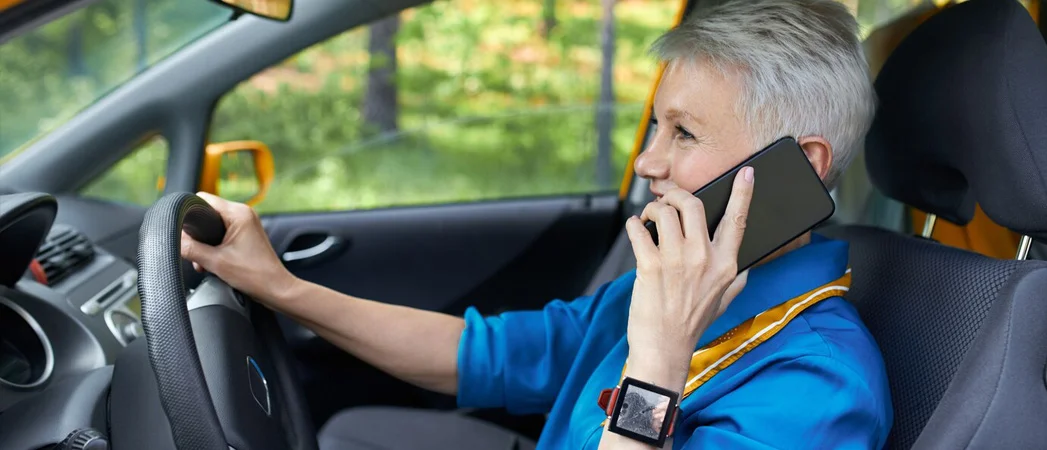|
|
Last
Modified on
Feb 18, 2025
People have bad habits in every area of their lives. They don’t exercise as much as they wish they did, they don’t have a healthy diet, they drink or smoke too much. There are countless examples. The entire idea of a New Year’s resolution is to pick a habit — or multiple habits — to break.
This basic idea also extends to the road. You have drivers who make it a habit to leave too late for work, for instance, and then they end up driving recklessly as they try to get there on time. You have drivers who always text and drive, understanding that they shouldn’t but not feeling like they can break away from the habit of looking at the phone. You also have people with casual bad habits like speeding, tailgating and turning without a blinker. They’d don’t think about it. They just do it.
These habits create a lot of risks. How do we change them? It’s hard. It starts with understanding why they happen.
1. Overconfidence
Some drivers feel so confident in their own ability behind the wheel that they think it’s “safe” for them to engage in risky behaviors. They speed and weave through traffic because they think their reaction times are good enough to avoid a crash, for instance. They trust themselves so much that they feel like traffic laws shouldn’t apply to them, but only to other drivers.
2. Lack of experience
One big reason these habits develop is a lack of experience, which is typically a problem with younger drivers. There is no way around it. They don’t have experience and can only get it from driving. However, that very lack means they may not understand how dangerous they’re being. For example, maybe they text and drive because they think it’s not a big deal, but their opinion could change after they cause an accident.
3. Boredom and familiarity
That said, don’t assume that only young, inexperienced drivers make mistakes. A lot of older drivers tend to stick to the same familiar routes. This can lead to boredom. No one is all that excited about making the same commute that they make for 52 weeks out of the year. When drivers get bored on a familiar route, that can lead to bad habits like looking at the phone, making calls, talking to passengers and turning the music up too loud. They don’t pay as much attention to driving because they’re looking for a way to make it less boring.
Car accidents
As you can see, these bad habits are very dangerous, and you can never know what habits the drivers around you have. If they cause an accident and you suffer serious injuries, you may need to seek financial compensation.






